Reading Non-Fiction Worksheets for Ages 6-7
63 filtered results
-
From - To
Introducing our comprehensive Reading Non-Fiction for Ages 6-7 worksheet collection, expertly crafted to ignite the curiosity and enhance the comprehension skills of young learners. Tailored specifically for children aged 6 to 7, these engaging worksheets cover a wide array of non-fiction topics, from fascinating animal facts to intriguing scientific discoveries. Each sheet is designed to foster a love for reading and learning about the real world, while simultaneously developing critical thinking and understanding. With fun activities and thought-provoking questions, our Reading Non-Fiction for Ages 6-7 collection is the perfect tool to broaden your child's knowledge and literacy skills in an enjoyable and interactive way.
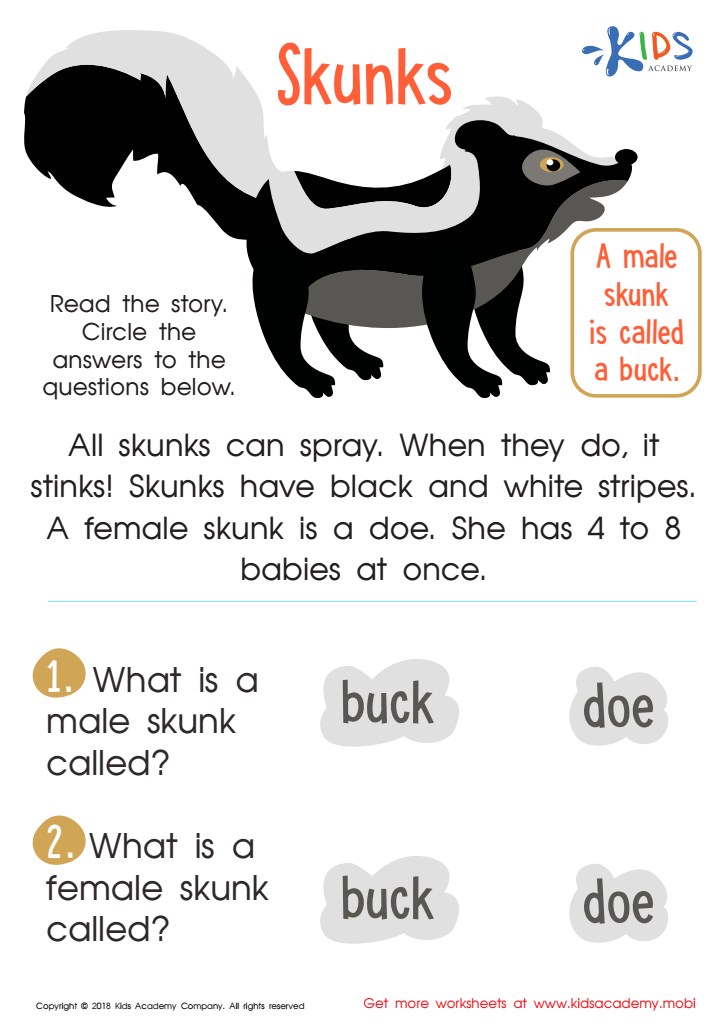

Skunks Worksheet
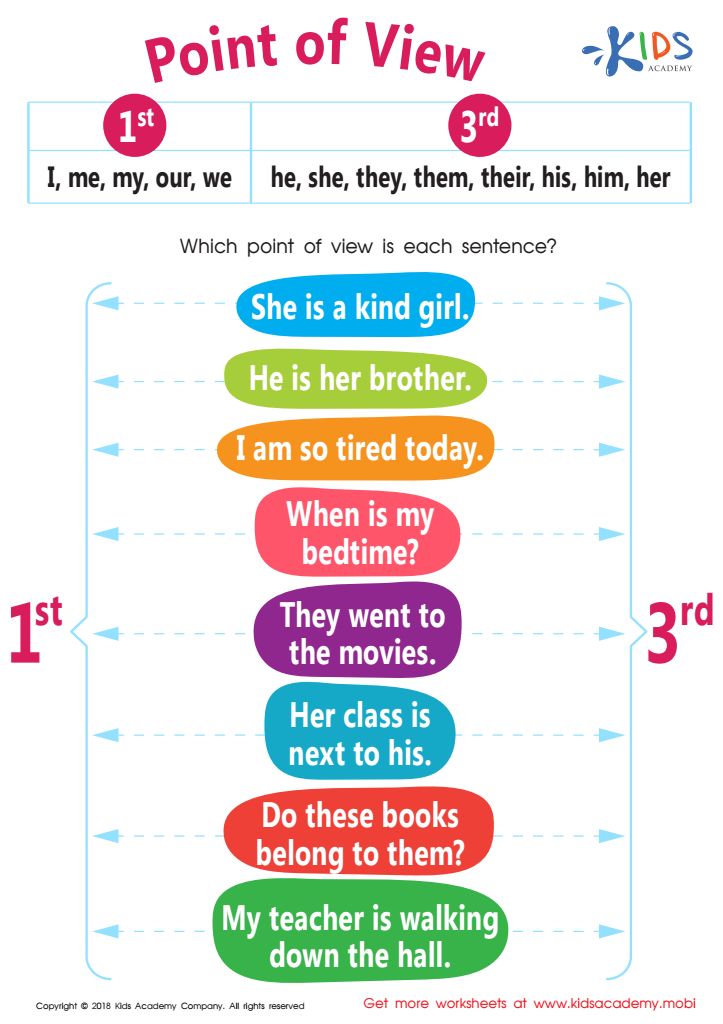

Point of View Worksheet
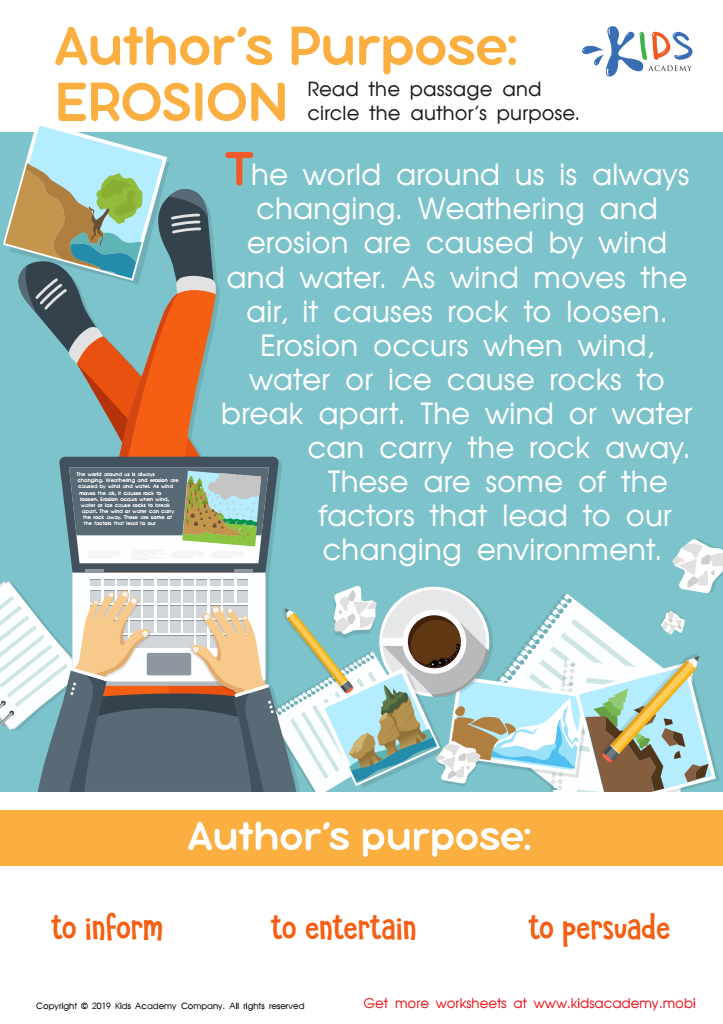

Author’s Purpose: Erosion Worksheet


White House Worksheet
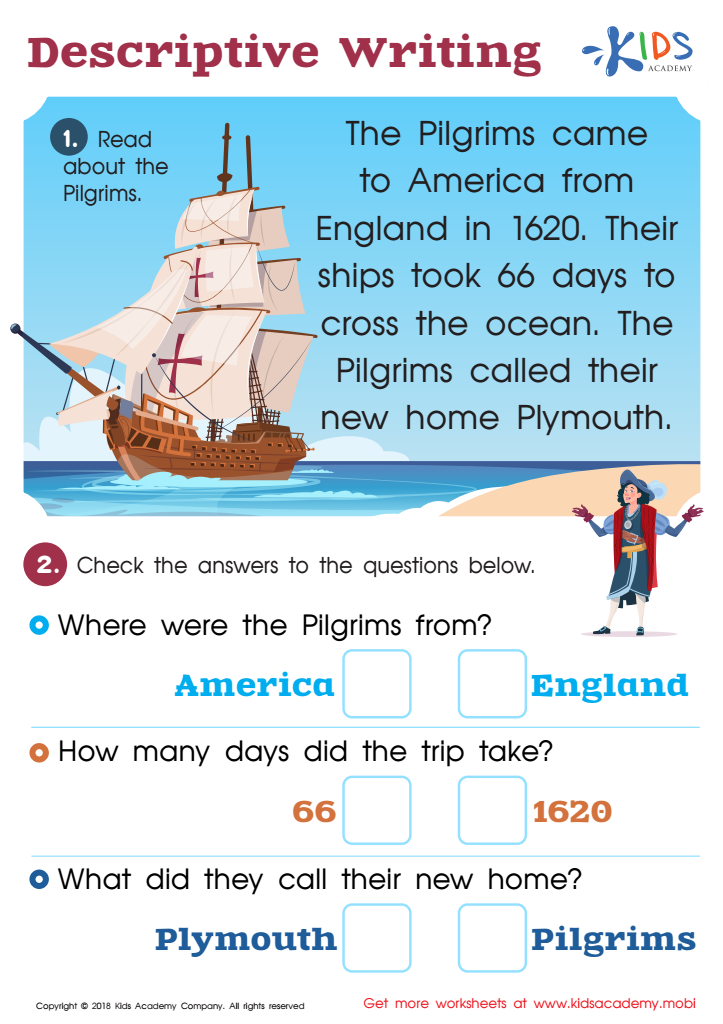

Descriptive Writing Worksheet: Part 1
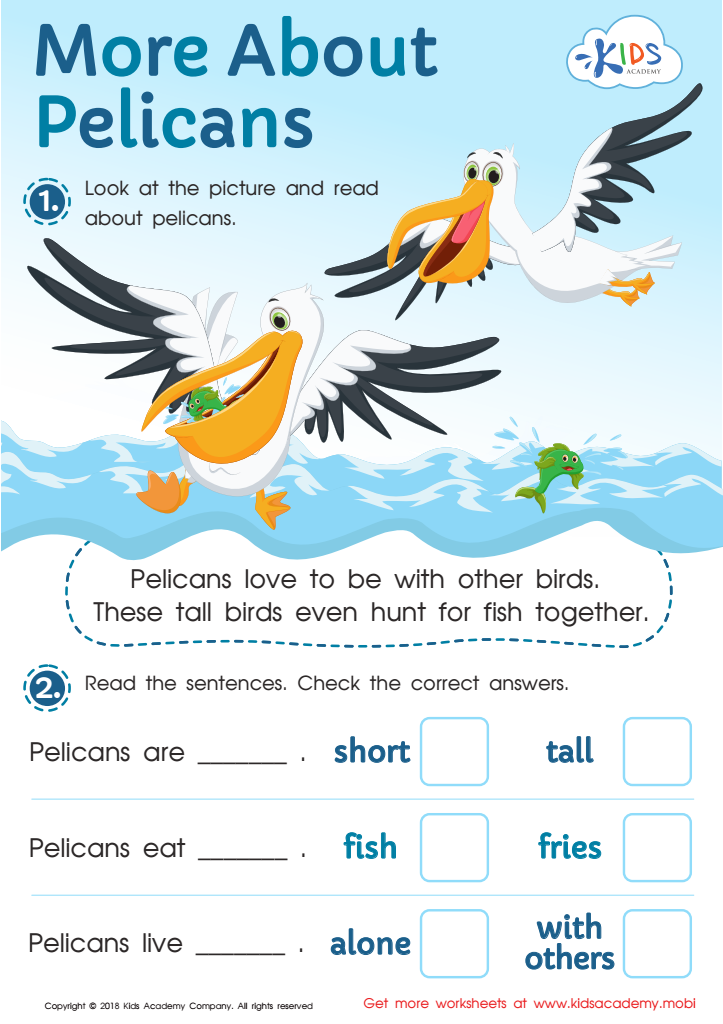

More About Pelicans Worksheet
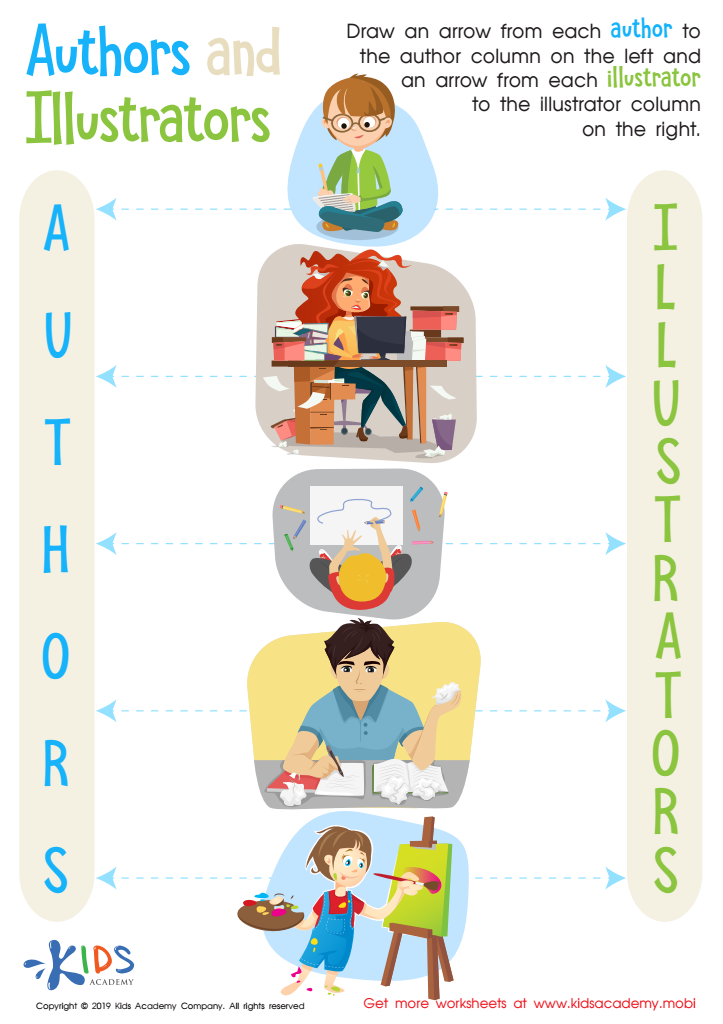

Authors and Illustrators Worksheet
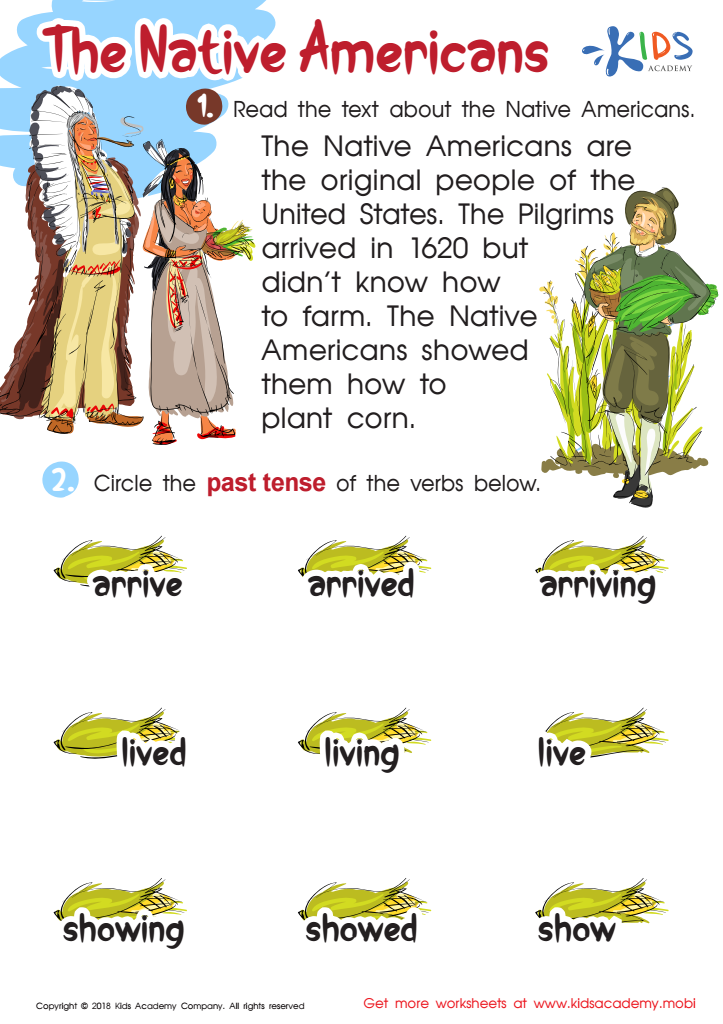

The Native Americans Worksheet
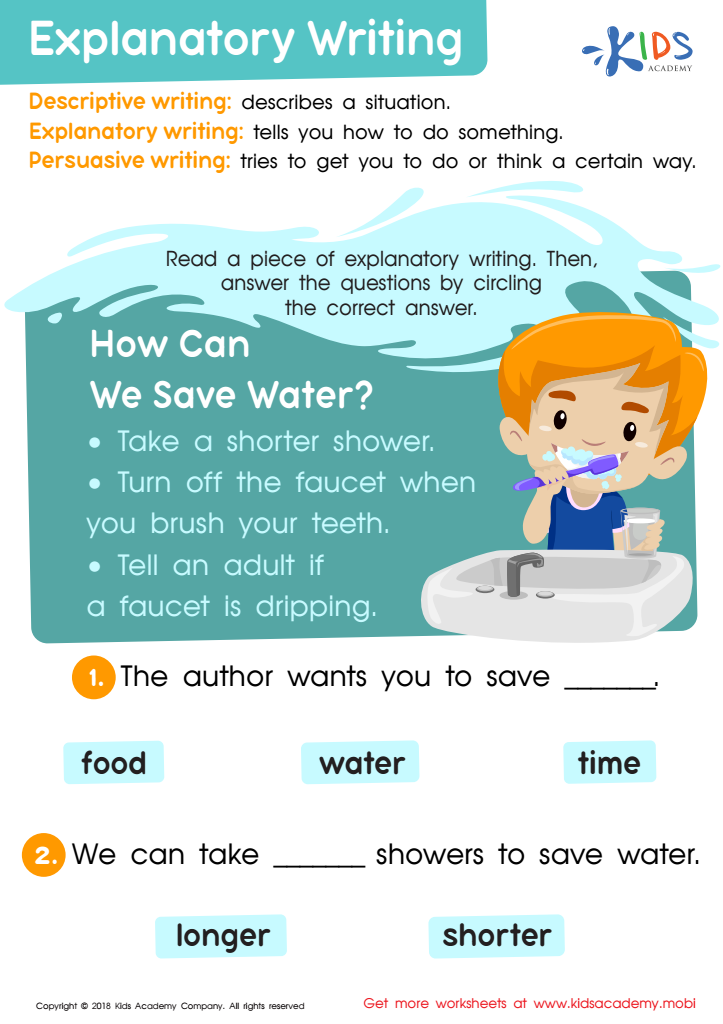

Explanatory Writing Worksheet
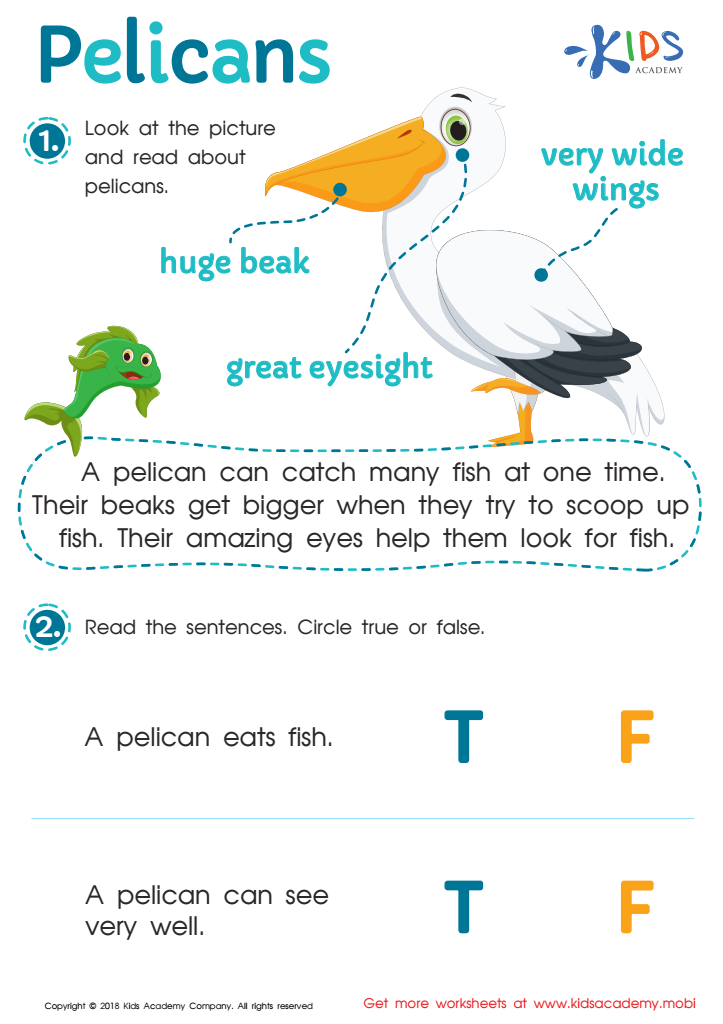

Pelicans Worksheet
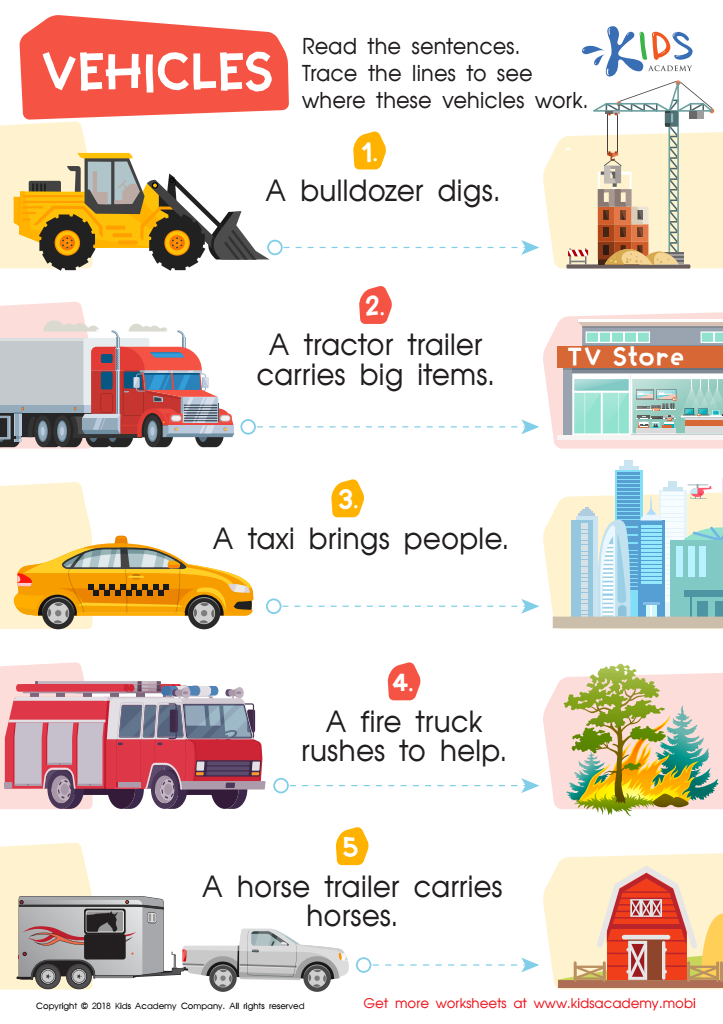

Vehicles Worksheet
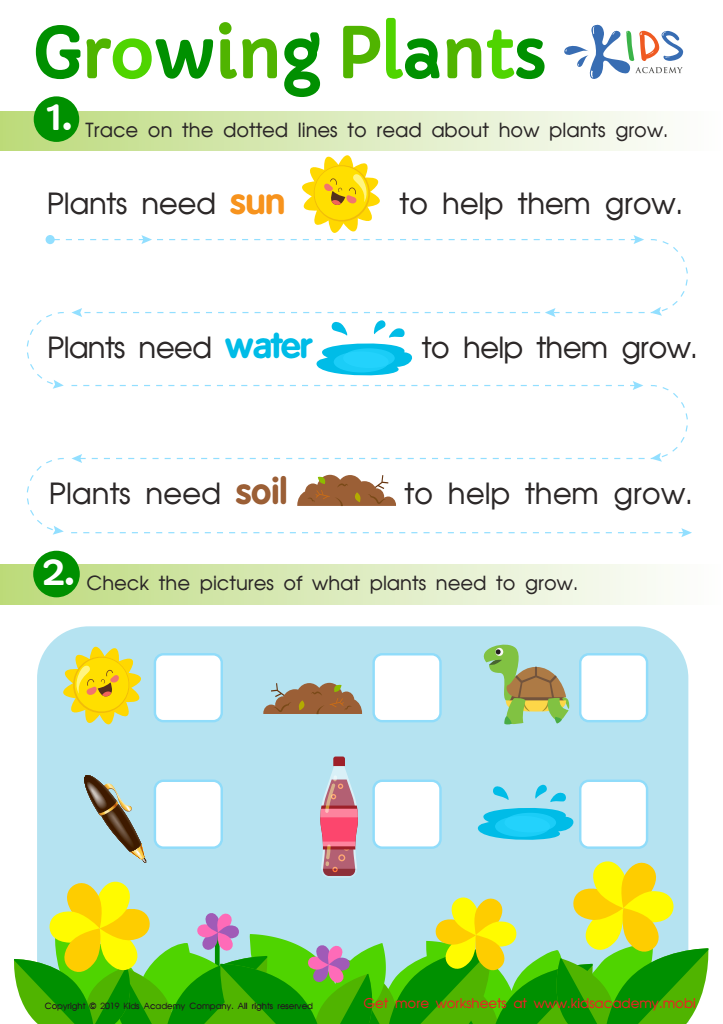

Growing Plants Worksheet


The Dentist Worksheet
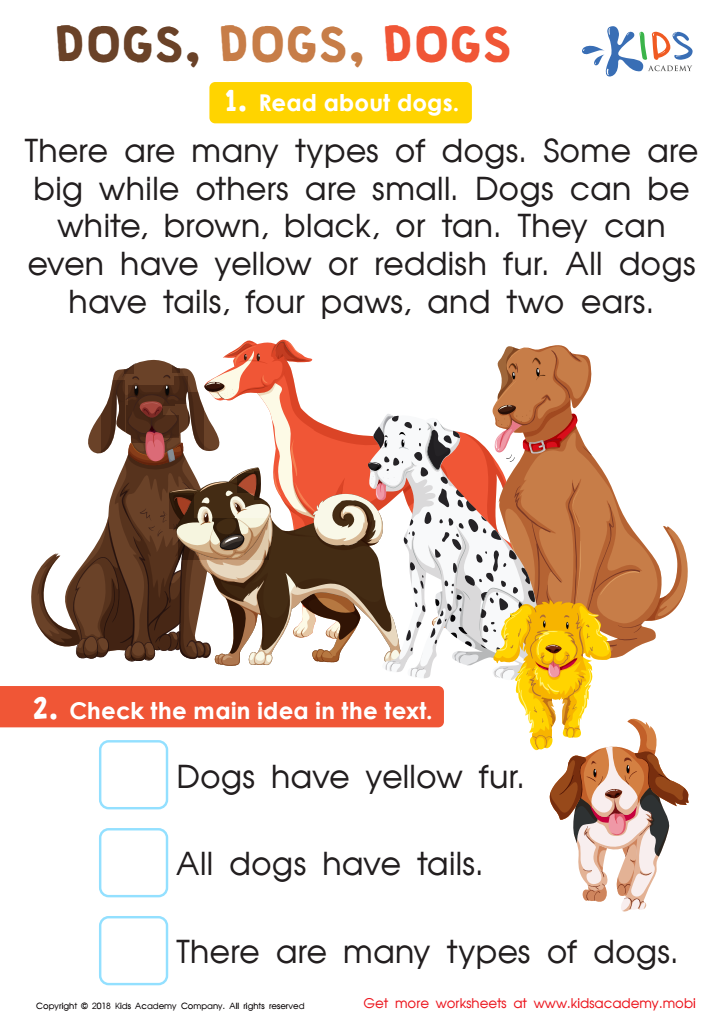

Dogs, Dogs Worksheet
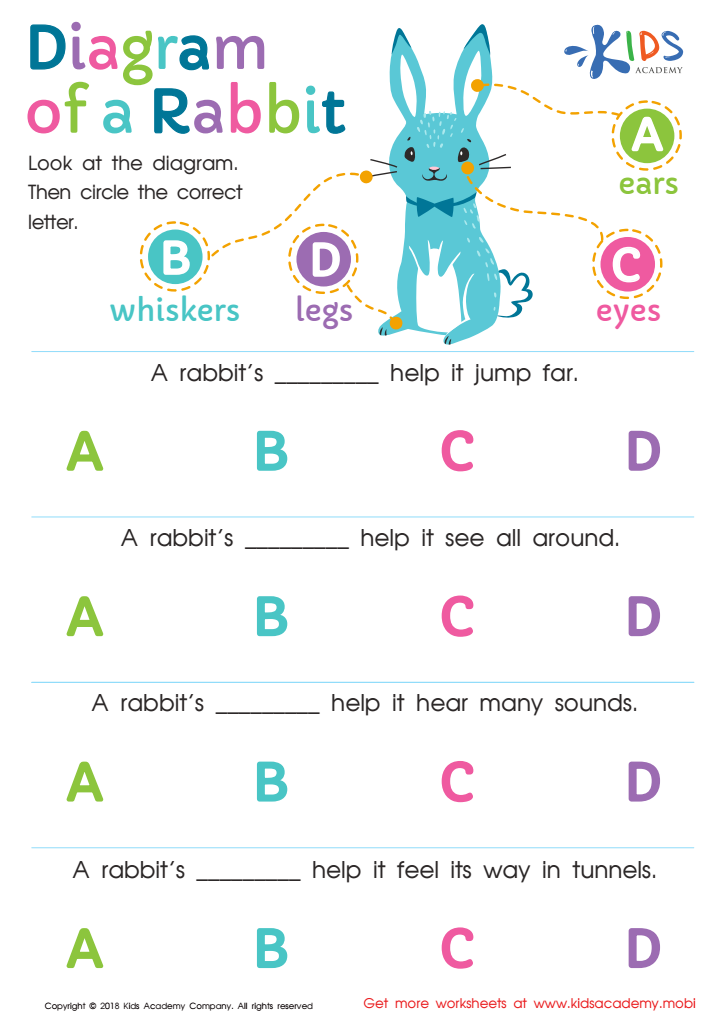

Diagram of a Rabbit Worksheet
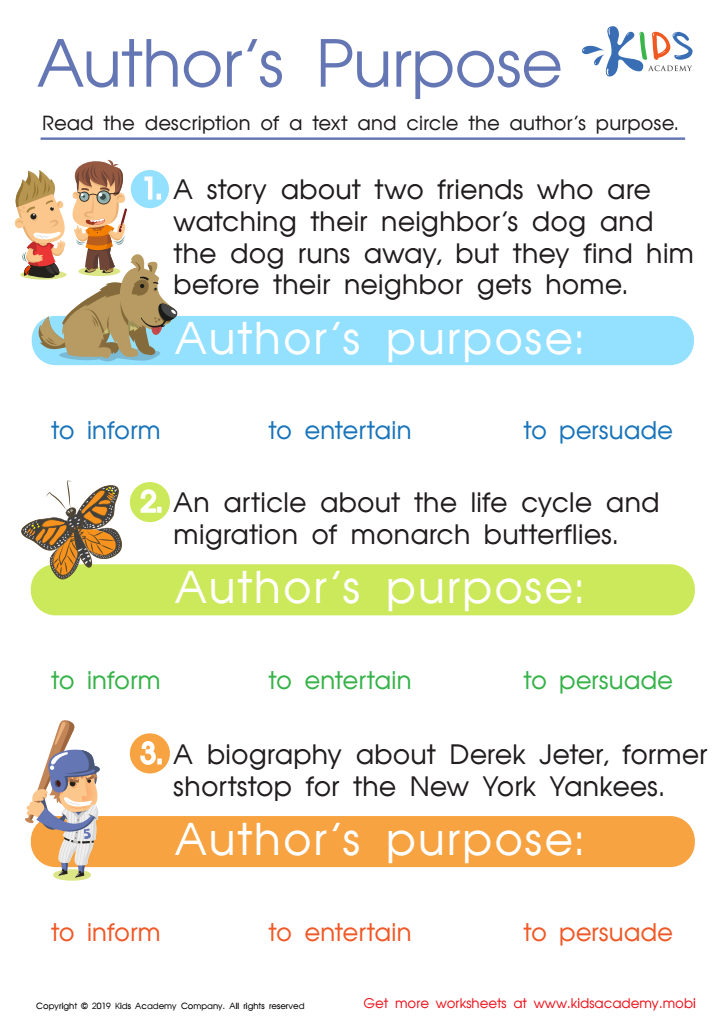

Author's Purpose Worksheet


More Octopus Facts Worksheet
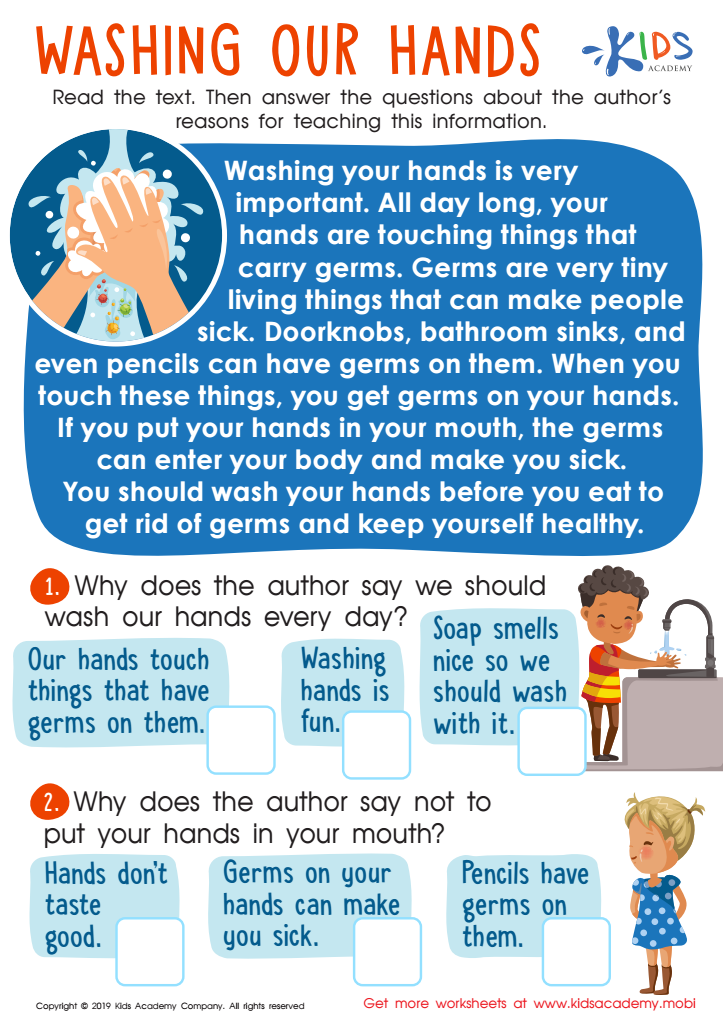

Washing Our Hands Worksheet
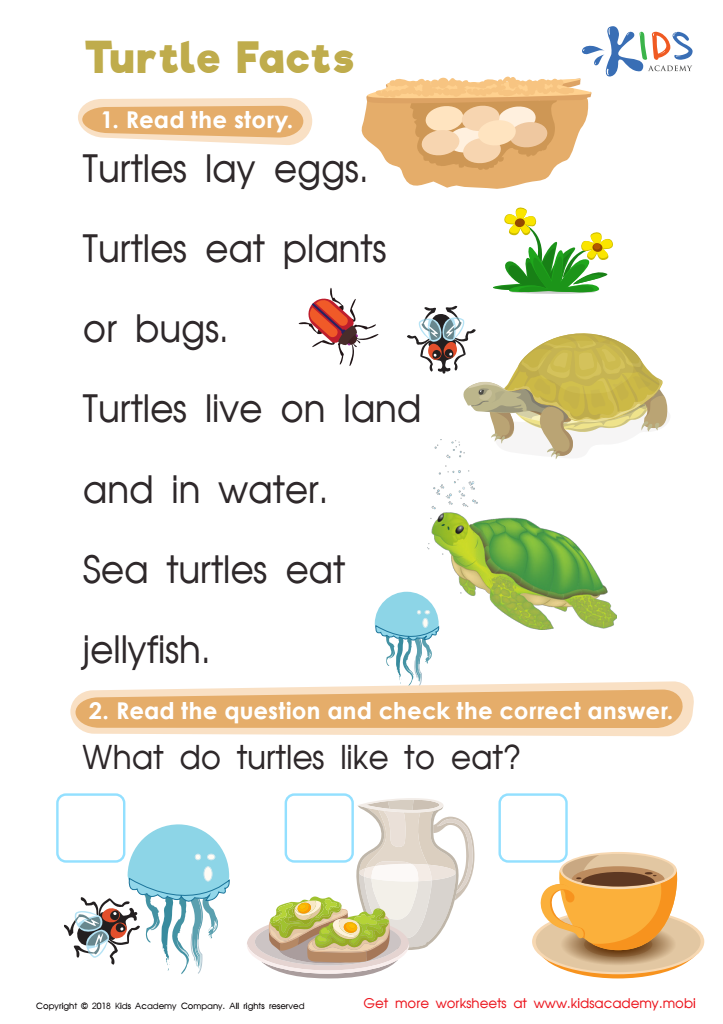

Turtle Facts Worksheet
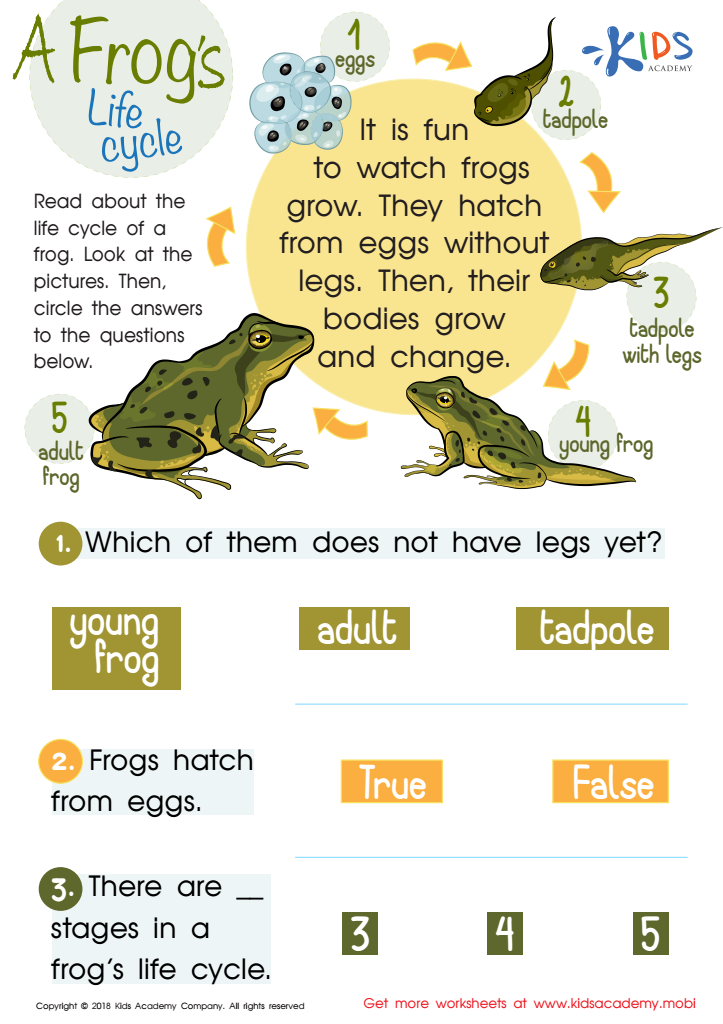

A Frog’s Life Cycle Worksheet
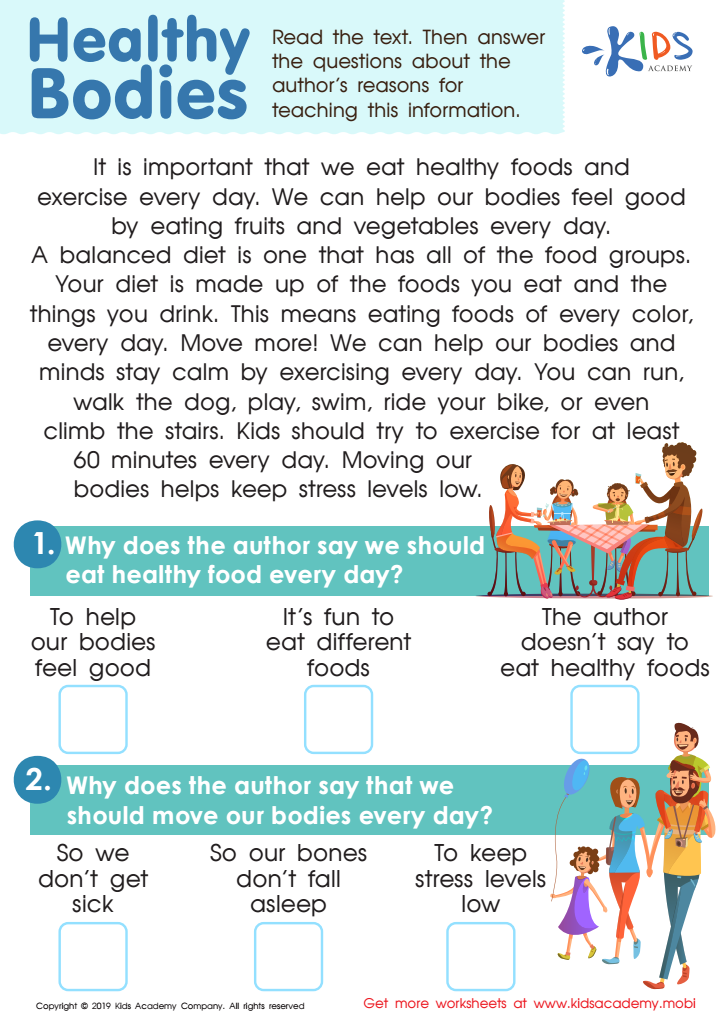

Healthy Bodies Worksheet
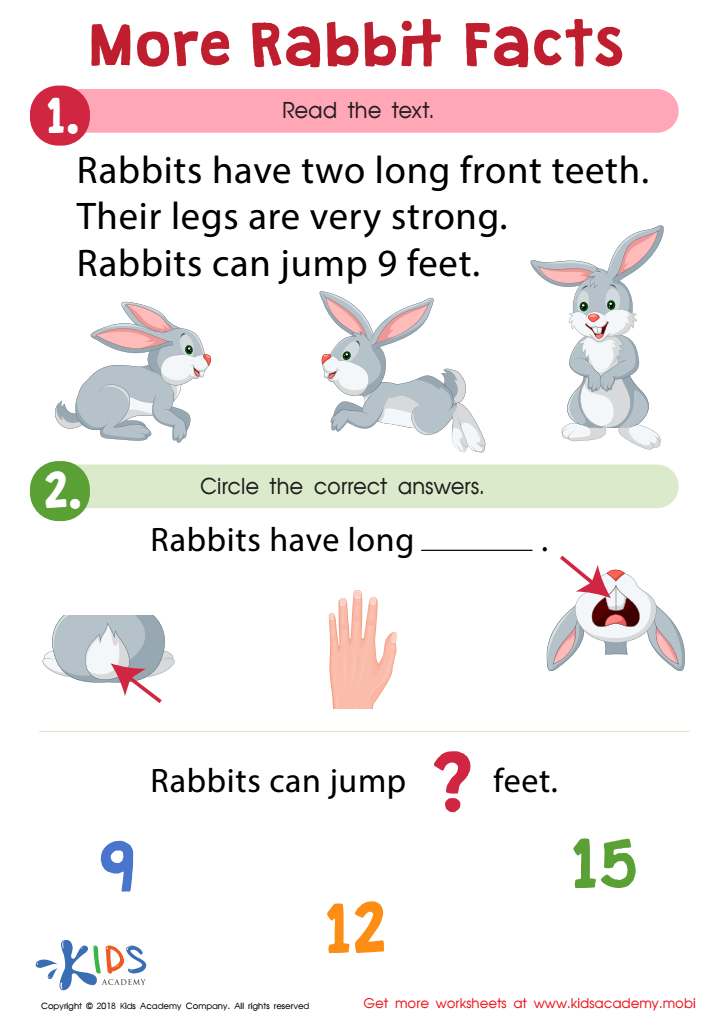

More Rabbit Facts Worksheet
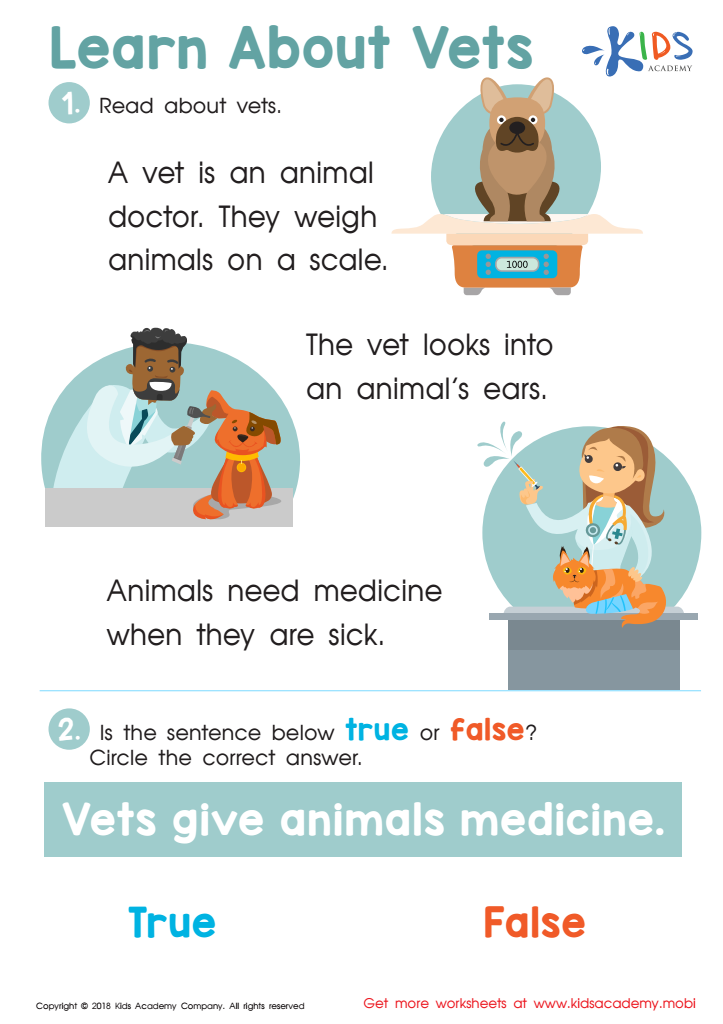

Learn About Vets Worksheet
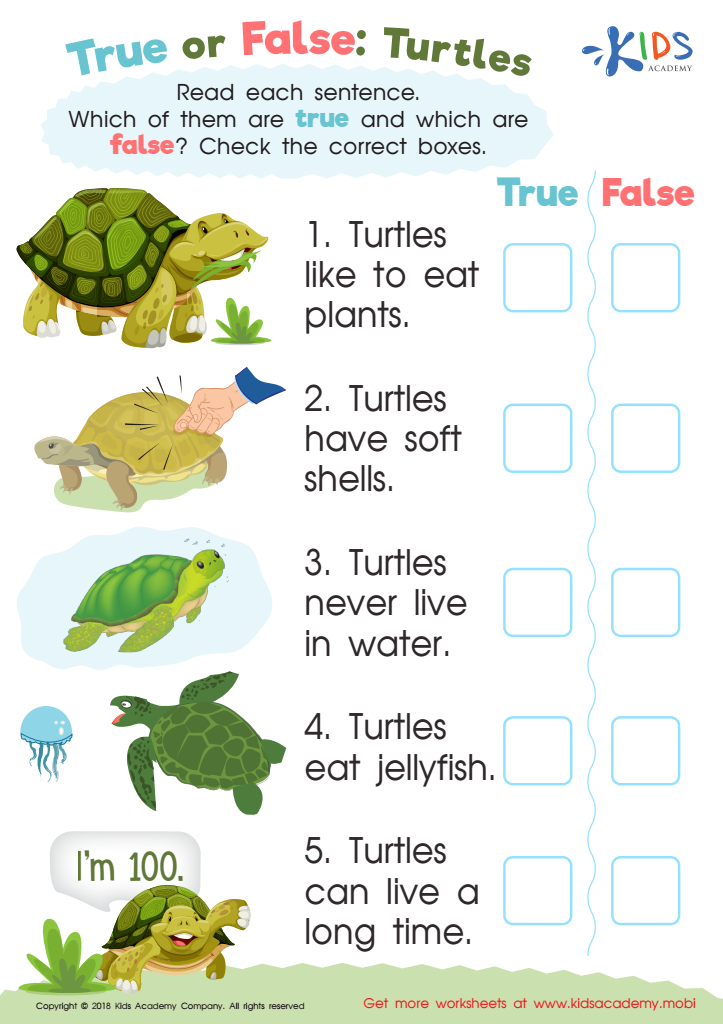

True or False: Turtles Worksheet
Reading Non-Fiction for Ages 6-7 is a critical component of a child's early education. These worksheets serve as a valuable tool in introducing young learners to the world of factual and informative content. By engaging with non-fiction materials, children in this age group begin to develop important reading and comprehension skills that form the foundation of lifelong learning.
One of the key benefits of Reading Non-Fiction worksheets for Ages 6-7 is that they help children to distinguish between fiction and non-fiction, fostering an understanding of the world around them. This not only expands their knowledge base but also sparks their curiosity about nature, science, history, and various cultures.
Furthermore, these worksheets are designed to enhance vocabulary and improve critical thinking skills. As children encounter new words and concepts, they learn to use context clues to deduce meanings, aiding in vocabulary expansion. Additionally, by comprehending informational texts, they start to analyze information, ask questions, and make connections to their own lives, which are essential skills in navigating the increasing complexity of texts and the world.
In summary, Reading Non-Fiction worksheets for Ages 6-7 are an invaluable resource. They lay the groundwork for effective communication, foster a love for learning, and prepare children for academic success in the years to come.
 Assign to My Students
Assign to My Students















